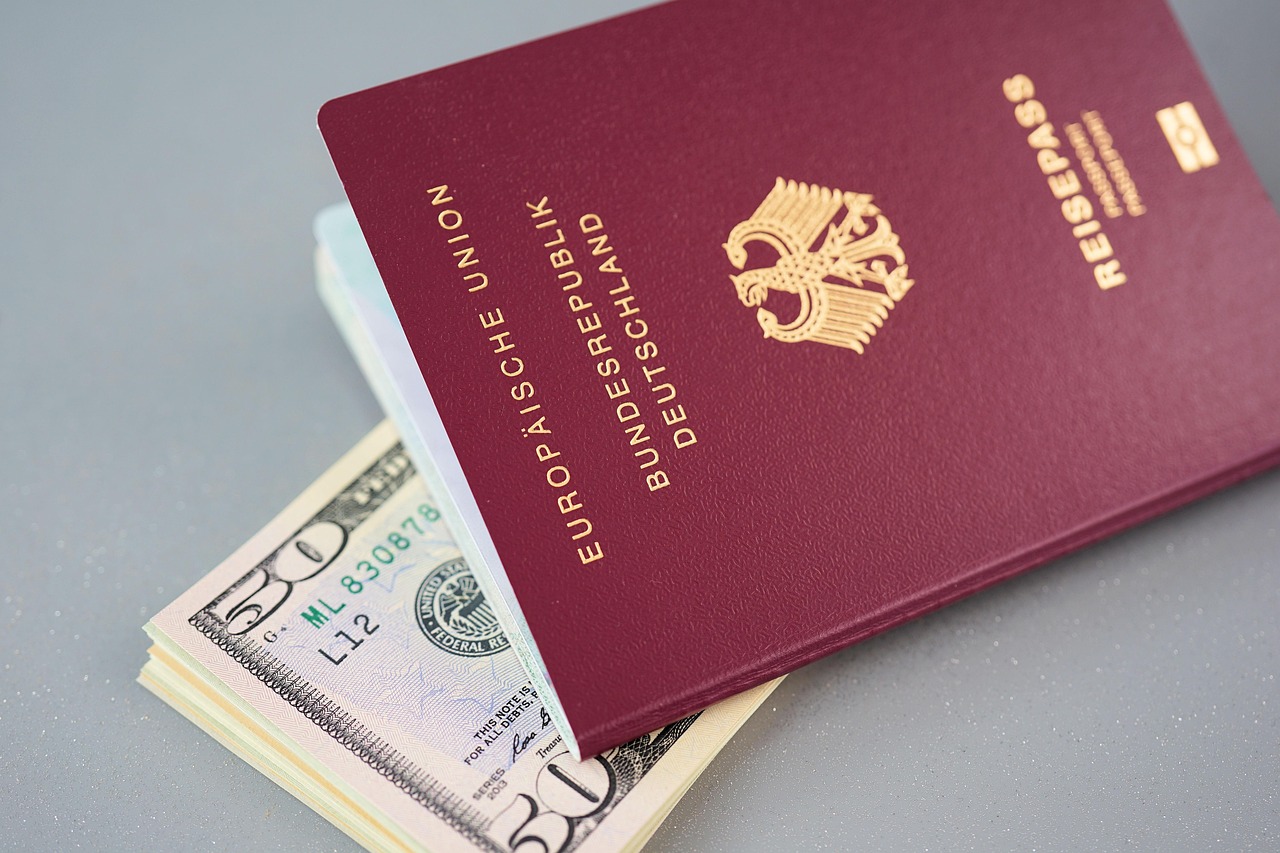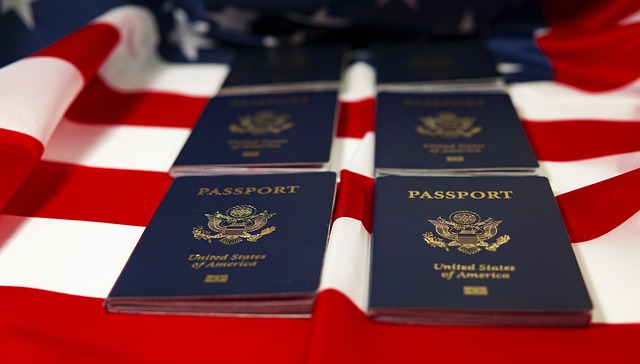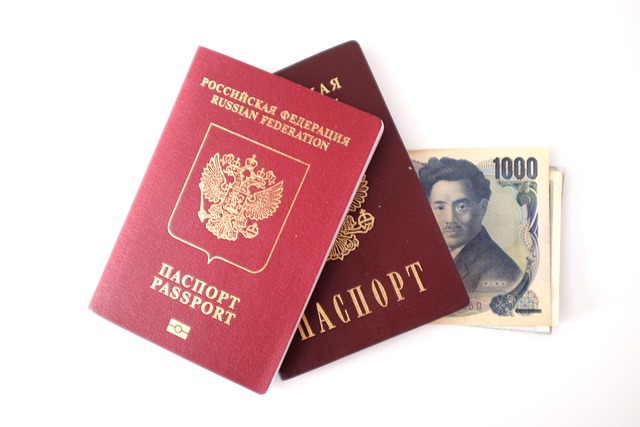British Citizenship by Birth: Rules and Regulations

British citizenship by birth is governed by a combination of jus soli (right of soil) and jus sanguinis (right of blood) principles. This means that citizenship can be acquired based on where you are born, your parents’ citizenship, or a combination of both. However, the rules are complex and have evolved over time, reflecting changes in immigration policy and societal needs. This article provides a comprehensive overview of the rules and regulations surrounding British citizenship by birth, including eligibility criteria, exceptions, and the application process.
1. Citizenship by Birth in the UK
The rules for acquiring British citizenship by birth depend on when and where you were born, as well as your parents’ immigration status.
Born in the UK on or after January 1, 1983
If you were born in the UK on or after January 1, 1983, you are automatically a British citizen if at least one of your parents was:
- A British citizen at the time of your birth, or
- Settled in the UK (i.e., had indefinite leave to remain or permanent residency).
If neither parent was a British citizen or settled in the UK at the time of your birth, you may still be eligible to register as a British citizen if you meet certain conditions (see below).
Born in the UK before January 1, 1983
If you were born in the UK before January 1, 1983, you are automatically a British citizen, regardless of your parents’ nationality or immigration status. This is because the UK operated under pure jus soli principles before 1983.
2. Citizenship by Descent (Parents’ Citizenship)
If you were born outside the UK, you may still acquire British citizenship by descent if one or both of your parents are British citizens.
Born to a British Citizen Parent
- If you were born outside the UK to a British citizen parent, you are automatically a British citizen by descent if your parent was born or naturalized in the UK.
- If your British parent was themselves a citizen by descent, additional conditions may apply, such as registering your birth with the UK authorities or living in the UK for a certain period.
Born to a British Citizen Mother (Before 1983)
- If you were born outside the UK to a British mother before 1983, you may not automatically be a British citizen. However, you can register as a British citizen under the Nationality Act 1981.
3. Special Cases and Exceptions
Stateless Children
- If you were born in the UK and would otherwise be stateless (i.e., not eligible for citizenship in any other country), you may be eligible to register as a British citizen.
Adopted Children
- Children adopted by British citizens may acquire British citizenship if the adoption is legally recognized in the UK.
Children of Armed Forces Personnel
- Children born outside the UK to British armed forces personnel may be eligible for British citizenship.
Children Born in British Overseas Territories
- Children born in British Overseas Territories (e.g., Bermuda, Gibraltar) may acquire British citizenship depending on their parents’ status.
4. Registering as a British Citizen
If you are not automatically a British citizen by birth, you may be able to register as one. Common scenarios include:
- Children Born in the UK to Non-British Parents: If you were born in the UK to non-British parents and have lived in the UK for the first 10 years of your life, you can apply to register as a British citizen.
- Children Born Abroad to British Parents: If your British parent was a citizen by descent, you may need to register your birth with the UK authorities or meet residency requirements.
- Stateless Children: Children born in the UK who are stateless can apply for citizenship after living in the UK for five years.
Application Process
- Form MN1: Used to register children under 18 as British citizens.
- Form UKF: For individuals born before July 1, 2006, to a British father who was not married to their mother.
- Fees: Registration fees apply, which vary depending on the type of application.
5. Dual Citizenship
The UK allows dual citizenship, meaning you can hold British citizenship alongside citizenship of another country. However, some countries do not permit dual citizenship, so it’s important to check the rules of the other country.
6. Renouncing British Citizenship
If you wish to renounce your British citizenship, you can do so by submitting a formal declaration to the Home Office. This is irreversible and may affect your ability to live or work in the UK.
7. Recent Changes and Future Outlook
The UK’s citizenship laws have evolved over time, reflecting changes in immigration policy and societal needs. Recent developments include:
- Brexit: The UK’s withdrawal from the EU has led to changes in citizenship and residency rights for EU nationals.
- Windrush Scandal: Highlighted issues with citizenship and immigration policies, leading to reforms to protect the rights of long-term residents.




